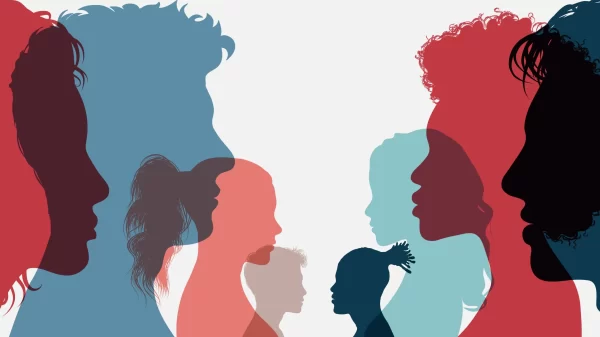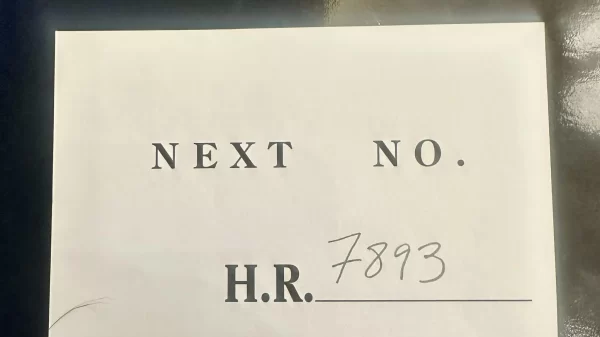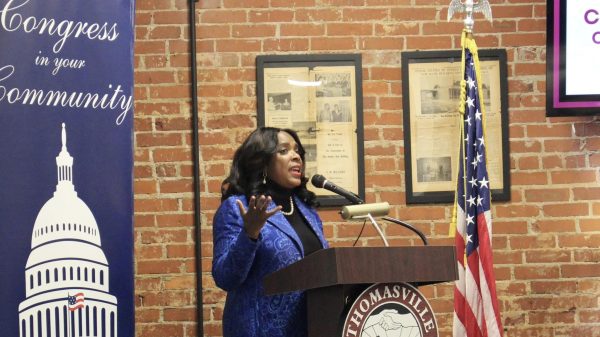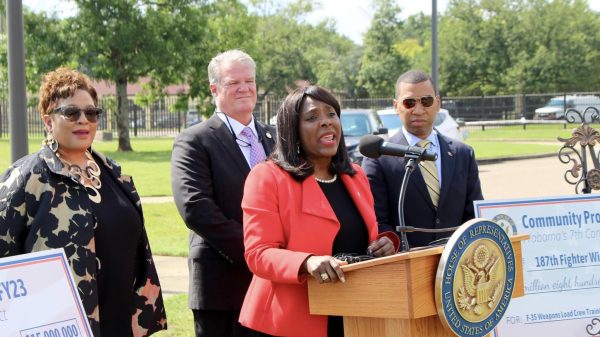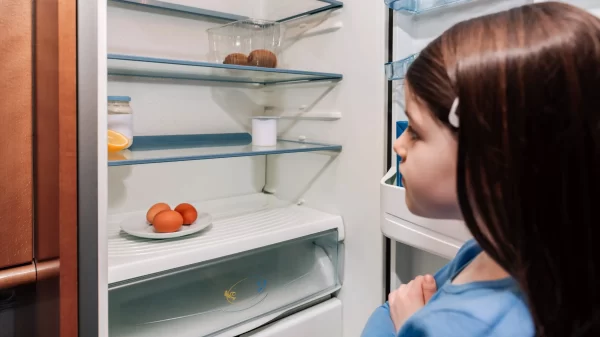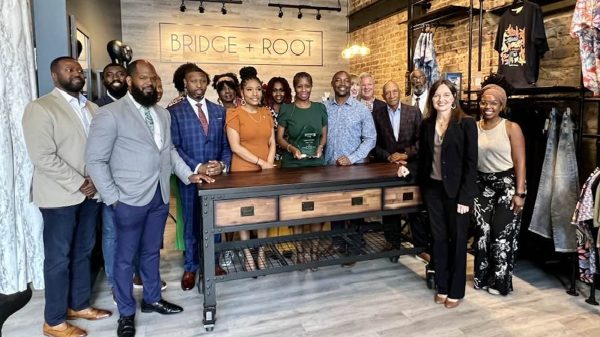U.S. Sen. Doug Jones on Tuesday hosted an online roundtable discussion with minority business owners, entrepreneurs and investors.
“In Alabama, small businesses employ half of all employees, and entrepreneurs account for 25 percent of all new business in the United States,” Jones said at the start of the discussion. “But we also know that in this world we’re living in today, minorities and minority-owned businesses have been affected disproportionately by the COVID crisis, hurt disproportionately from their counterparts.”
Jones, a member of the Banking, Housing and Urban Affairs Committee, said he sponsored a bill along with Sen. Mark Warner, D-Virginia, called the Jobs and Neighborhood Investment Act, which aims to invest $17.9 billion into minority and low-income communities hard-hit by COVID-19.
Jones said the bill would provide eligible community development financial institutions and Minority Depository Institutions with “capital, liquidity, and operational capacity that they need to expand the flow of credit into underserved minority and historically disadvantaged communities.”
“The goal is to help small businesses stay afloat, and expand operations during the economic downturn,” Jones said.
Tiffany Jordan, co-founder and chief development officer at Huntsville’s Acclinate Genetics, which aims to ensure minorities are represented in clinical trials, said during the roundtable that her company has access to capital, but asked “what about other small businesses?”
“Oftentimes we get on the phone and somebody says, ‘I know an investor.’ Well once Alabama brings you here, and they find you that first investor, what are we doing as a state to make sure that we have the resources, the lines, to keep these companies here?” Jordan said.
Alabama needs to do a better job at ensuring start-ups have the resources needed to stay in the state, Jordan said.
Asked by APR whether the COVID-19 crisis has changed the landscape of how business is done, and whether there are opportunities for minority-owned businesses and startups in those changes, Jordan said the pandemic has allowed many the opportunity to work from home.
Jordan said her business partner and her often say that they now have access to people whom they would otherwise have to get on a plane to see in person, because they’re also working from home and have more flexibility.
“So hopefully small business owners utilize this opportunity to really propel themselves forward, to make sure that they are setting these meetings with people that are hard to reach, make sure that you’re taking time to focus on some new time to really think about the solution that you have and who you’re wanting to offer that solution to,” Jordan said. “So I think COVID-19 has allowed us a very unique opportunity to get it going and to propel it faster forward.”
Michelle Parvinrouh, executive director at the Innovation PortAL in Mobile, which is renovating 30,000-square-feet in the city’s St. Louis Street corridor for a business incubator and co-working space, said the ultimate entrepreneur is “just the best problem-solver” and that COVID-19 pandemic has created “a whole new slew of problems that we have not had before and that we did not predict.”
“So that was something really kind of amazing, to see throughout Alabama were all these different startups and companies coming and rising up and developing solutions to problems that were not predicted, and maybe were a little bit outside of their typical range,” Parvinrouh said.












